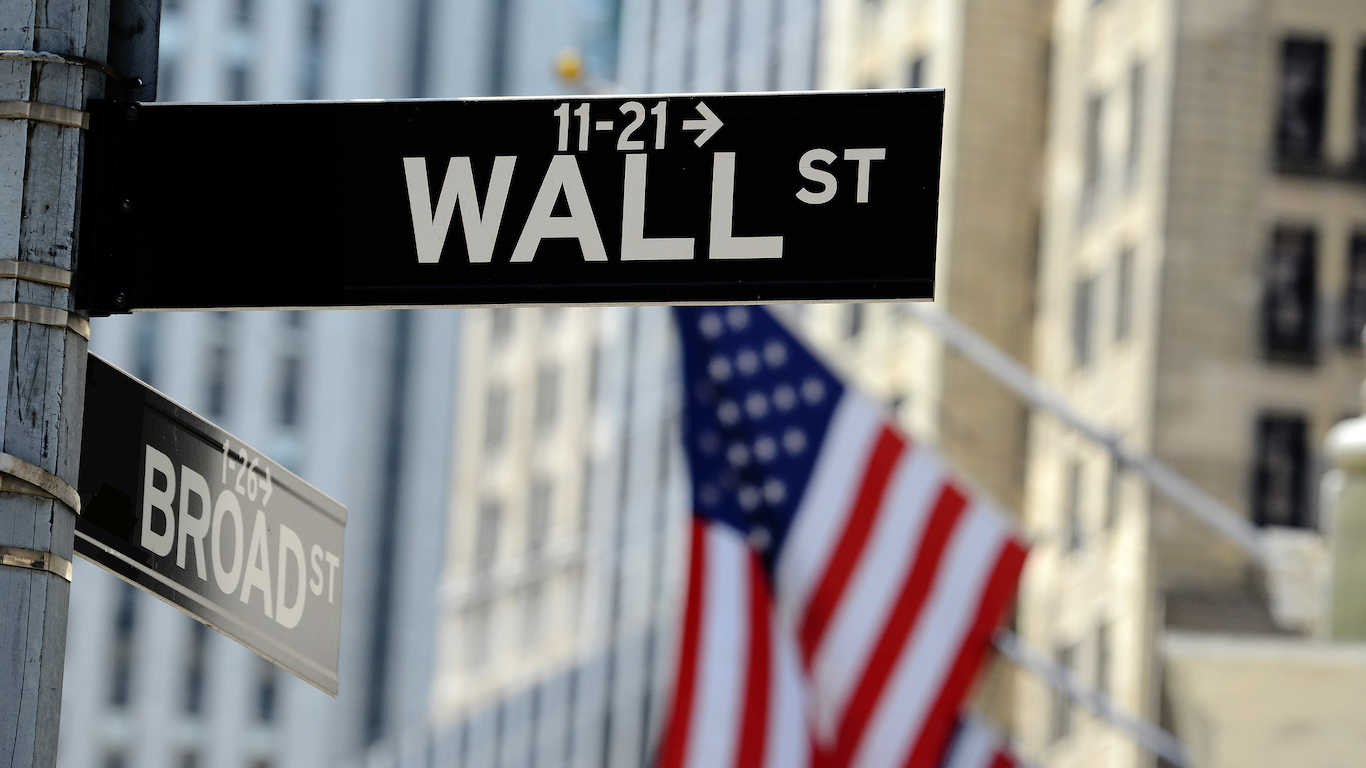
Consumer research firm Morning Consult reported Friday morning that its consumer sentiment index slid from 109.98 on March 12 to 108.99 on March 13. Based on its daily surveys, this marks an overall six-week decline of 4.63 points since January 1. Since February 23, the index has dropped by more than 5.8 points.
John Leer, Morning Consult’s economist, suggests that recent volatility in U.S. equity markets is one possibility for the drop in consumer confidence. More than half of all U.S. households have investments in stocks, many through 401(k) retirement savings plans. This heightens fears of long-term financial vulnerability related to market fluctuations.
The Dow Jones industrials dropped by around 10% Thursday, while the S&P 500 and Nasdaq Composite dropped by more than 9%. Markets opened about 6% higher Friday morning, but by late morning the gains had been pared to less than 1%. New data on consumer sentiment is likely responsible.
The University of Michigan consumer-sentiment index came in at 95.9 for its preliminary March reading, down from 101.0 in the final February survey. Economists were looking for an index reading of 98.0.
March’s preliminary consumer expectations subindex fell by 6.8 points from 92.1 to 85.3 (down 7.4%), while the current conditions subindex dipped from 114.8 to 112.5 (down 2.0%) from the final February readings.
Year over year, the current conditions subindex fell by 0.7% and the consumer expectations subindex dropped by 3.9%.
The Michigan survey’s chief economist, Richard Curtin, commented:
Consumer sentiment fell in early March due to the spreading coronavirus and the steep declines in stock prices. Importantly, the initial response to the pandemic has not generated the type of economic panic among consumers that was present in the runup to the Great Recession. Nonetheless, the data suggest that additional declines in confidence are still likely to occur as the spread of the virus continues to accelerate.
Curtin noted that consumers widely view the coronavirus pandemic as temporary and added:
[C]onsumers more favorably judged the economic outlook over the next five years than [they did] last month. While the most effective containment efforts are widespread closures and self-isolation, those same actions have the largest negative impact on the economy and significantly increase the probability that the pandemic will be followed by a recession that lasts longer than the virus.
The best policy antidote would be immediate relief provided by multiple sources of cash transfers and debt forbearance. To avoid a recession, speed is more essential than targeting. Moreover, maintaining confidence in the effectiveness of economic policies is essential …, otherwise the intended behavioral reactions on spending may not be forthcoming.
Travel Cards Are Getting Too Good To Ignore (sponsored)
Credit card companies are pulling out all the stops, with the issuers are offering insane travel rewards and perks.
We’re talking huge sign-up bonuses, points on every purchase, and benefits like lounge access, travel credits, and free hotel nights. For travelers, these rewards can add up to thousands of dollars in flights, upgrades, and luxury experiences every year.
It’s like getting paid to travel — and it’s available to qualified borrowers who know where to look.
We’ve rounded up some of the best travel credit cards on the market. Click here to see the list. Don’t miss these offers — they won’t be this good forever.
Thank you for reading! Have some feedback for us?
Contact the 24/7 Wall St. editorial team.
 24/7 Wall St.
24/7 Wall St.

